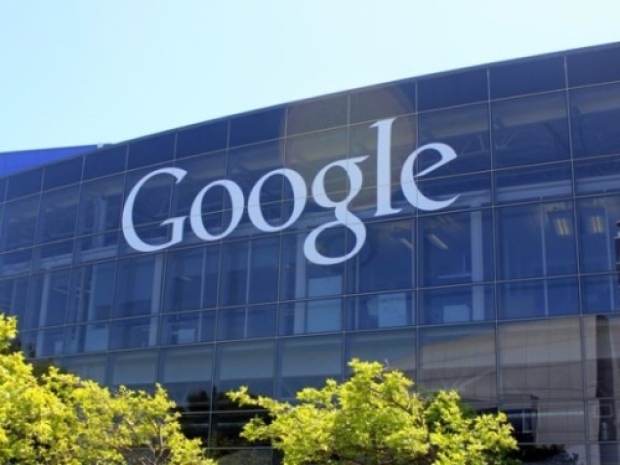Eggheads from Leipzig University, Bauhaus-University Weimar, and the Center for Scalable Data Analytics and Artificial Intelligence wanted to find out "Is Google Getting Worse?" by looking at search results for 7,392 product-review words across Google, Bing, and DuckDuckGo for a year.
They found that, on the whole, "higher-ranked pages are more tweaked, more stuffed with affiliate marketing, and they have worse text quality ... we find that only a small bit of product reviews on the web uses affiliate marketing, but most of all search results do."
They found that spam sites are constantly fighting with Google over the rankings and that spam sites will often cheat the system, climb to the top of Google's rankings, and then be knocked down.
"SEO is a never-ending war, and we see the same patterns of review spam coming and going as search engines and SEO engineers take turns changing their settings," they wrote.
They say that Google, Bing, and DuckDuckGo are constantly changing their formulas and taking down content that is pure spam, but on the whole, this only leads to "a short-lived positive effect."
"Search engines seem to lose the game that is SEO spam," they write. Notably, Google, Bing, and DuckDuckGo all have the same troubles, and in many cases, Google did better than Bing and DuckDuckGo by the researchers' measures.
The researchers warn that this rankings war is likely to get much worse with the arrival of AI-generated spam and that it really threatens the future use of search engines:
"the line between good content and spam in the form of content and link farms gets more fuzzy -- a situation that will surely get worse in the wake of generative AI. We conclude that sneaky spam in the form of low-quality, mass-made commercial content needs more attention," the boffins said.




